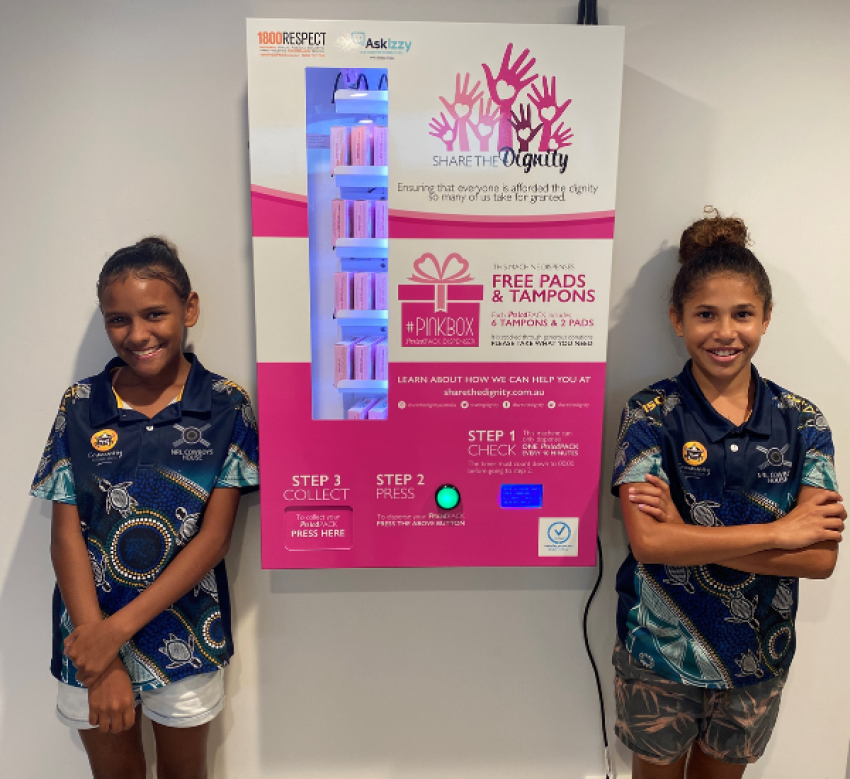
The New South Wales government will pilot a scheme to provide free menstrual hygiene products to students in 30 schools across Western Sydney and Dubbo for two terms. South Australia and Victoria governments have already introduced similar programs, ensuring public school students have access to free sanitary pads and tampons.
Scotland became the first country in the world to legislate a nation-wide scheme for free period products in November 2020. The Period Products (Free Provision) (Scotland) Act was passed unanimously, after three-year campaign led by grassroots groups and Labour MP Monica Lennon MSP. As part of the campaign, research conducted by Women for Independence revealed nearly one in five women in Scotland had experienced period poverty.
The act mandates local authorities to provide free period products to all, and officially implements a 2017 initiative ensuring schools, colleges and universities provide free sanitary products in their toilets.
Other countries are following Scotland’s lead: in 2020 England began funding period products for primary and secondary schools, and New Zealand will provide free period products in schools from June 2021.
In Australia, the campaign to eliminate period poverty gathered momentum through the work of Isobel Marshall and Eloise Hall, who established TABOO in 2017 to combat menstrual stigma and period poverty. TABOO sells 100% organic cotton pads and tampons, and donates its proceeds to menstrual projects in Global South countries. In 2021 Marshall was named Young Australian of the Year.
Australian non-for-profit Share the Dignity is also fighting period poverty. The group commissioned a 2019 Queensland University Technology study titled “Reducing Period Poverty in Australia”, which revealed that people from lower socio-economic backgrounds suffer the most.
Chief researcher Ruth Knight said that staff from 12 Queensland schools had identified a lack of awareness among students about menstrual management and hygiene. “Period poverty is a real issue that is under-researched,” Dr Knight said, adding that the researchers gathered “anecdotal evidence of teachers personally donating products”.
The study prompted Share the Dignity to provide free sanitary products to thousands of female students with Dignity Vending Machines installed in high schools.